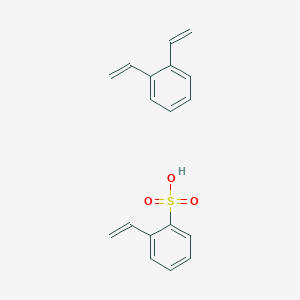No more manual monitoring of blood sugar and frequent insulin injections the artificial pancreas is approved
-
Last Update: 2021-02-19
-
Source: Internet
-
Author: User
Search more information of high quality chemicals, good prices and reliable suppliers, visit
www.echemi.com
, the FDA approved an artificial pancreas system developed by the University of Virginia's Diabetes Technology Center that automatically monitors and regulates blood sugar levels in people with type 1 diabetes.It is understood that the artificial pancreas system, called Control-IQ, can track blood sugar levels through a continuous blood glucose monitor and automatically provide insulin as needed, which allows diabetics to no longer need daily blood sugar monitoring and frequent insulin injections.The results of these clinical studies show that the Control-IQ artificial pancreas system is more effective at controlling blood sugar levels in patients with type 1 diabetes than existing treatments, and that the system improves blood sugar control during the day and at night.The clinical trial involved 168 patients aged 14 or older with type 1 diabetes who were randomly assigned to use artificial pancreatic systems or sensor-enhanced pumps with continuous blood glucose monitors and insulin pumps, but not to automatically regulate insulin throughout the day.The researchers found that blood sugar levels in patients using the artificial pancreas system increased significantly over a target period of time, while the appropriate blood sugar levels in the sensor-enhanced pump group remained the same for six months. At the same time, users of artificial pancreas systems also improved some diabetes control measures, including the timing of high and low blood sugar, compared to sensor-enhanced pump sets. During the study period, no severe hypoglycemia events occurred in neither group.
(
Valley)
This article is an English version of an article which is originally in the Chinese language on echemi.com and is provided for information purposes only.
This website makes no representation or warranty of any kind, either expressed or implied, as to the accuracy, completeness ownership or reliability of
the article or any translations thereof. If you have any concerns or complaints relating to the article, please send an email, providing a detailed
description of the concern or complaint, to
service@echemi.com. A staff member will contact you within 5 working days. Once verified, infringing content
will be removed immediately.







